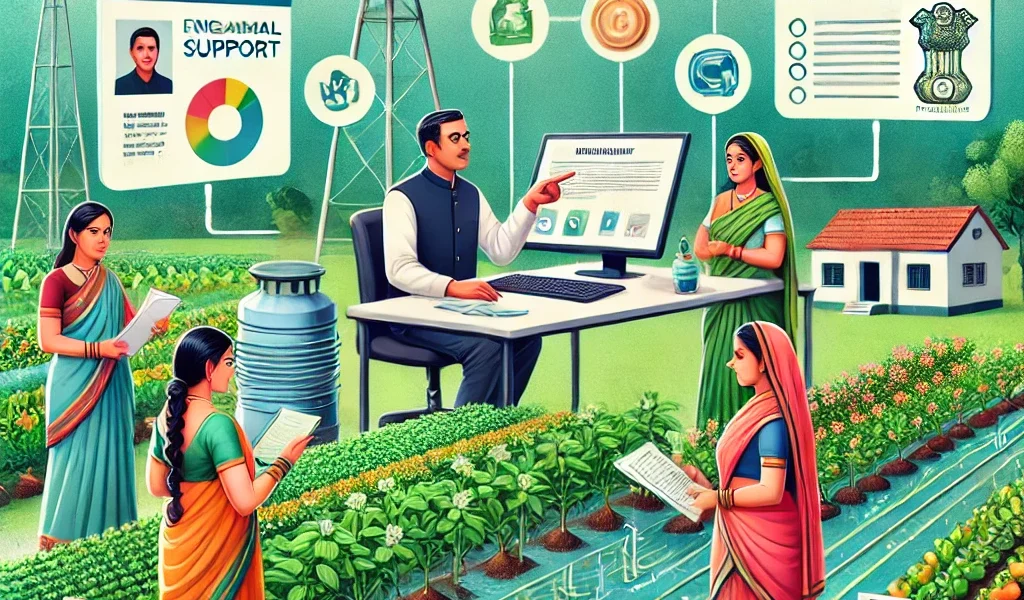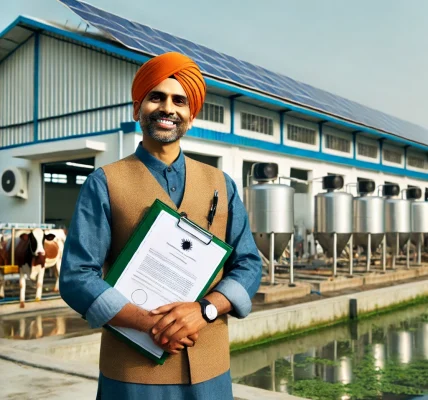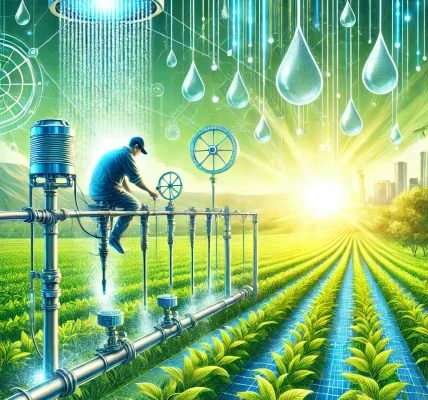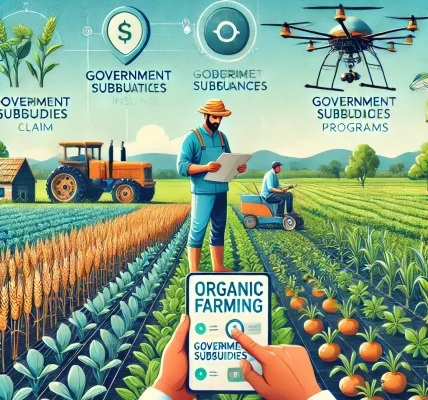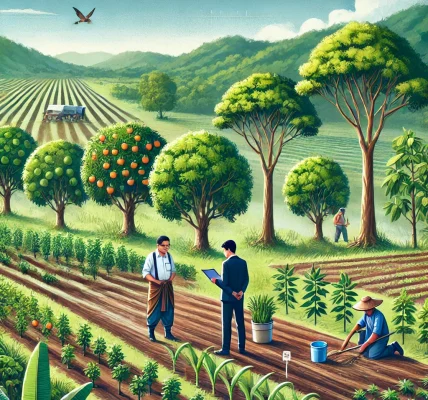Introduction
Women play a crucial role in India’s agricultural sector, contributing significantly to farming activities, livestock management, and rural entrepreneurship. Despite their vital contributions, women farmers often face challenges such as limited access to land, financial resources, technology, and education. Recognizing these challenges, the Indian government has introduced various schemes and grants to empower women in agriculture, ensuring they receive the necessary support for growth and sustainability.
This article explores key government grants and schemes available for women farmers in India, highlighting their benefits, eligibility criteria, and application processes.
Importance of Women in Agriculture
Women contribute nearly 40% of the agricultural labor force in India and play a significant role in farming, livestock management, and post-harvest activities. However, most women farmers do not have land ownership rights, making it difficult for them to access credit, insurance, and government benefits.
To bridge this gap, the government has launched several initiatives aimed at:
- Providing financial assistance and subsidies.
- Enhancing technical skills and training.
- Promoting self-help groups (SHGs) and cooperatives.
- Ensuring access to agricultural technology and infrastructure.
Key Government Grants and Schemes for Women Farmers
1. Mahila Kisan Sashaktikaran Pariyojana (MKSP)
The Mahila Kisan Sashaktikaran Pariyojana (MKSP) is a sub-component of the National Rural Livelihood Mission (NRLM) that aims to improve the lives of women farmers by providing training, financial aid, and resources.
Benefits:
- Training in sustainable agricultural practices.
- Access to credit and financial resources.
- Support for women’s self-help groups (SHGs) in agriculture.
- Promotion of organic farming and eco-friendly techniques.
Eligibility:
- Women engaged in farming and allied activities.
- Women belonging to self-help groups (SHGs) under NRLM.
How to Apply:
- Women farmers can apply through State Rural Livelihood Missions (SRLMs) or the NRLM website.
2. Rashtriya Mahila Kosh (RMK) Loan Scheme
The Rashtriya Mahila Kosh (RMK) provides microfinance support to women farmers and entrepreneurs through registered NGOs, SHGs, and cooperative societies.
Benefits:
- Easy access to microloans without collateral.
- Low-interest rates for agricultural and allied activities.
- Encouragement of small-scale agribusiness ventures.
Eligibility:
- Women farmers and entrepreneurs engaged in agricultural activities.
- Women SHGs, NGOs, and cooperative societies.
How to Apply:
- Applications can be submitted through registered financial intermediaries working under RMK.
3. Kisan Credit Card (KCC) for Women Farmers
The Kisan Credit Card (KCC) scheme provides easy credit access to farmers, including women farmers, to purchase seeds, fertilizers, and equipment.
Benefits:
- Low-interest loans for farming activities.
- Flexible repayment options based on crop cycles.
- Coverage under Pradhan Mantri Fasal Bima Yojana (PMFBY) for crop insurance.
Eligibility:
- Women farmers engaged in agricultural activities.
- Women involved in allied agricultural sectors like dairy and poultry farming.
How to Apply:
- Farmers can apply through nationalized banks, regional rural banks, and cooperative banks.
4. NABARD’s Women Farmer Empowerment Programs
The National Bank for Agriculture and Rural Development (NABARD) has launched various initiatives to support women farmers.
Key NABARD Programs:
- Self-Help Group Bank Linkage Program (SHG-BLP): Provides credit and financial literacy training to women farmers.
- Women Farmers’ Producer Organizations (FPOs): Encourages group farming and collective marketing.
- NABARD Dairy Entrepreneurship Development Scheme: Offers financial assistance to women engaged in dairy farming.
How to Apply:
- Applications can be made through NABARD’s regional offices and partner banks.
5. PM Kisan Samman Nidhi Yojana for Women Farmers
The PM Kisan Samman Nidhi Yojana provides ₹6,000 per year as direct financial assistance to small and marginal farmers.
Benefits:
- Direct income support credited to the bank accounts of eligible farmers.
- Encourages investment in farming inputs and technology.
Eligibility:
- Women who own cultivable land and are engaged in farming.
- Women belonging to small and marginal farmer categories.
How to Apply:
- Farmers can apply through the PM-KISAN portal (pmkisan.gov.in) or Common Service Centers (CSCs).
How Women Farmers Can Benefit from These Schemes
1. Financial Independence
Government grants and microloans enable women farmers to invest in better seeds, fertilizers, and equipment, improving crop yield and profitability.
2. Skill Development and Training
Programs like MKSP and NABARD’s training initiatives help women farmers acquire new farming techniques, boosting productivity and efficiency.
3. Increased Market Access
Women Farmer Producer Organizations (FPOs) promote collective farming and direct market access, reducing dependency on middlemen.
4. Improved Social and Economic Status
With financial independence and government support, women farmers gain greater decision-making power in their households and communities.
Challenges Faced by Women Farmers & Solutions
Challenges:
- Lack of Land Ownership: Most women farmers work on land owned by male family members.
- Limited Financial Access: Many women lack bank accounts and collateral for loans.
- Low Awareness of Government Schemes: Many women are unaware of available schemes and their benefits.
- Technological Barriers: Limited exposure to modern farming technology and digital platforms.
Solutions:
- Encouraging joint land ownership for women.
- Simplifying loan application processes for women farmers.
- Increasing awareness programs and workshops about government schemes.
- Providing digital literacy training for women to adopt modern farming techniques.
Conclusion
Women farmers are an integral part of India’s agricultural economy. The government has introduced several grants and schemes to empower them financially, socially, and technologically. By leveraging schemes like MKSP, KCC, NABARD programs, and PM-KISAN, women farmers can enhance their agricultural productivity and improve their livelihoods.
While challenges remain, continued policy support, awareness campaigns, and digital inclusion will further strengthen women’s role in agriculture. Women farmers should explore these government schemes and take advantage of financial aid and training opportunities to secure a sustainable and prosperous future.
